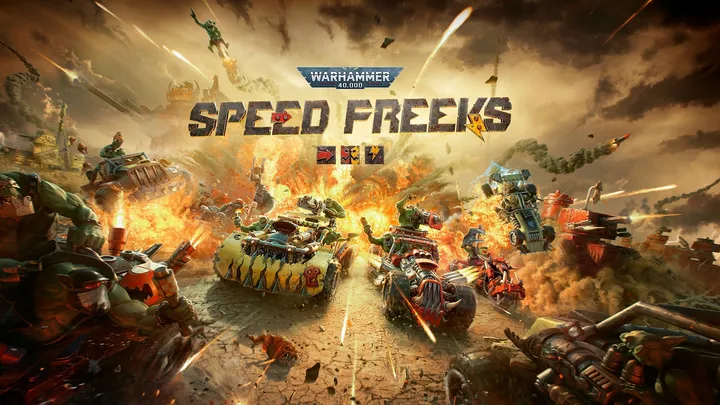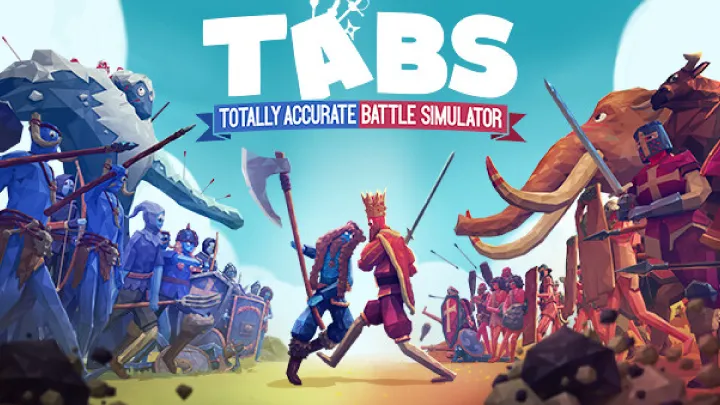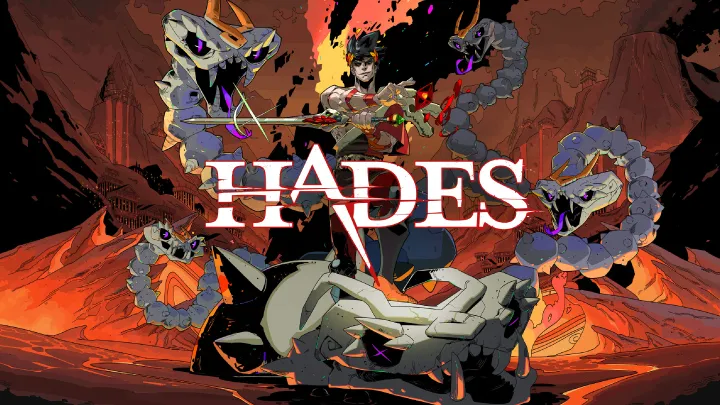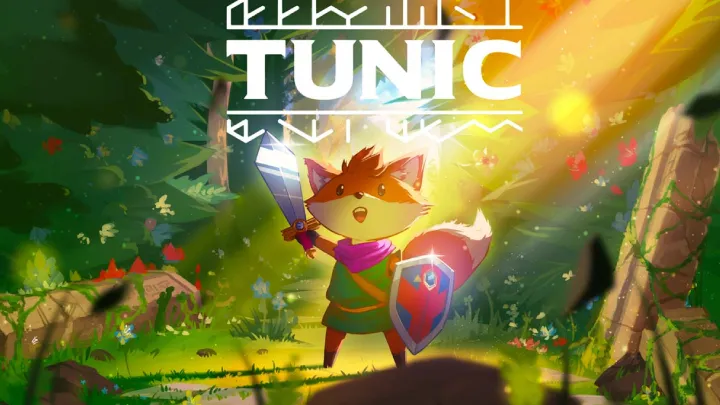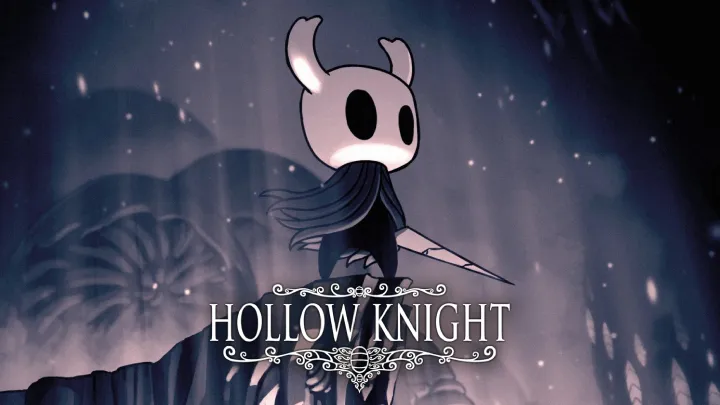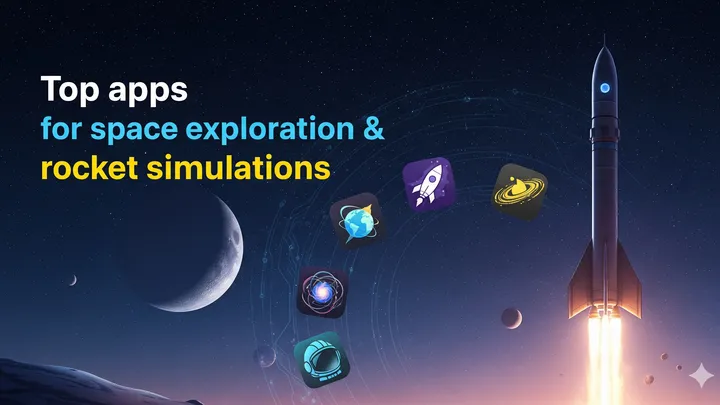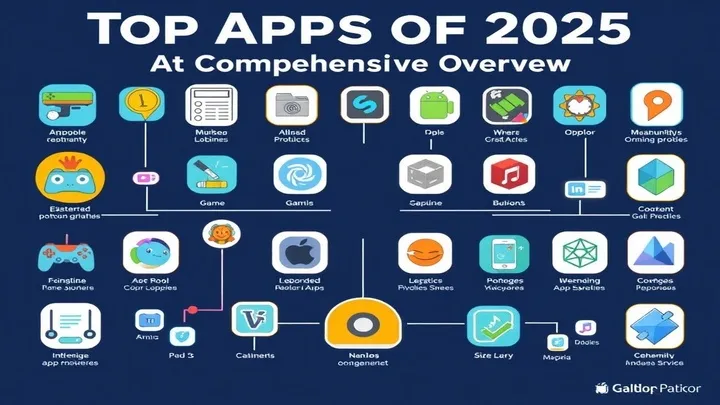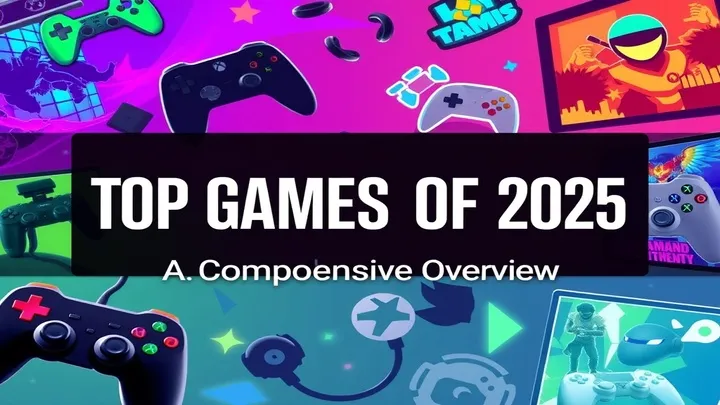Introduction
Gaming is a universal language, but the genres that capture players’ attention differ dramatically depending on where they live. While Role-Playing Games (RPGs) dominate the charts in Asia, first-person shooters (FPS) and other shooter titles remain kings in North America and Europe.
This divide is not just about game mechanics—it reflects culture, technology, and community preferences. In this article, we’ll explore why RPGs thrive in some regions, why shooters dominate in others, and how global gaming is being shaped by these contrasting trends.
1. Why RPGs Rule in Asia
Role-Playing Games, from traditional turn-based JRPGs to open-world adventures, are deeply embedded in Asian gaming culture.

Key Factors Behind RPG Popularity:
- Storytelling Tradition: Asian audiences often value deep narratives, character arcs, and world-building.
- Cultural Roots: Franchises like Final Fantasy, Dragon Quest, and Persona shaped generations of gamers.
- Mobile RPG Boom: Mobile-first countries like China and South Korea boosted RPG accessibility with games like Genshin Impact and Fate/Grand Order.
- Community Focus: Many Asian RPGs include gacha systems, multiplayer events, and collaborative features that align with social play.
Fact: In Japan, RPGs consistently make up the top-selling titles annually, with franchises like Pokémon and Final Fantasy remaining evergreen hits.
2. Shooter Dominance in North America and Europe
When it comes to the West, nothing beats the adrenaline rush of shooters. From competitive FPS to battle royale games, shooters dominate charts, esports, and live streams.
Why Shooters Are Popular in the West:
- Fast-Paced Competition: Western gamers often prioritize skill-based, quick-reaction gameplay.
- Multiplayer Culture: Titles like Call of Duty, Halo, and Counter-Strike foster competitive communities.
- Streaming & Esports: FPS games are tailor-made for Twitch and YouTube, offering non-stop action and entertaining commentary.
- Franchise Loyalty: The annual releases of Call of Duty and the ongoing popularity of Fortnite showcase how shooters build long-lasting fan bases.
Fact: In the U.S., Call of Duty titles frequently rank in the top 10 best-selling games year after year.
3. Genre Preferences: East vs. West at a Glance
Region Popular Genre Example Titles Why It Works
Asia RPGs: Genshin Impact, Final Fantasy, PokémonStorytelling, character progression, community
North America Shooters: Call of Duty, Fortnite, Halo
Competitive action, esports, streaming appeal
Europe Mix (but shooters lead): Counter-Strike, Battlefield, FIFAShooter tradition + sports games popularity

This snapshot shows how gaming reflects cultural tastes. Asia’s love for progression and storytelling contrasts with the West’s emphasis on action-packed competition.
4. The Role of Esports and Global Influence
Esports magnifies these trends:
- Asia: RPG-inspired esports are less common, but MOBAs like League of Legends (with RPG-like elements) dominate the esports scene.
- West: Shooters like CS:GO, Valorant, and Overwatch are staples of major tournaments, attracting millions of viewers.
Interestingly, cross-genre influences are emerging. Fortnite introduced narrative-driven events, while Genshin Impact incorporates competitive PvP-lite modes, blending the best of both worlds.
5. The Future: Blurring the Lines Between RPGs and Shooters
With cross-platform gaming and global communities, the distinction between RPG and shooter audiences is fading. Hybrid games are leading the charge:

- Destiny 2 (Shooter + RPG progression system)
- Cyberpunk 2077 (RPG core with shooter mechanics)
- The Division 2 (Shooter with loot-RPG elements)
As global markets grow closer, expect future blockbusters to merge RPG storytelling with shooter action, appealing to both East and West.
Conclusion
The contrast between RPG-heavy Asia and shooter-loving Western regions highlights how culture shapes gaming preferences. RPGs deliver rich storytelling, character progression, and emotional depth, while shooters offer competitive thrills, fast-paced gameplay, and esports excitement.
As the industry evolves, we’re seeing more hybrid experiences bridging the gap, ensuring that no matter where you’re from, you’ll find games that fit your style. For gamers, the future looks like the best of both worlds—immersive stories with explosive action.
